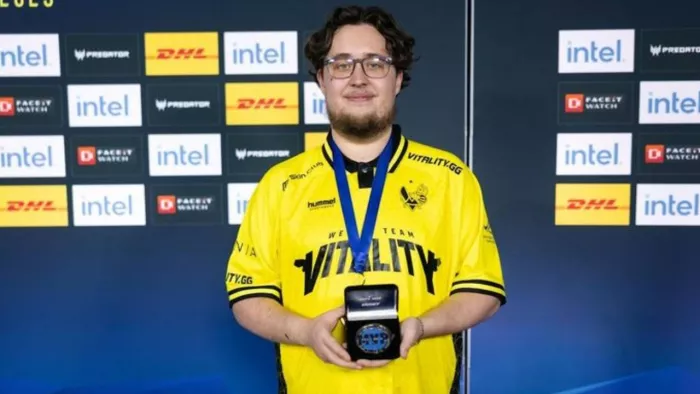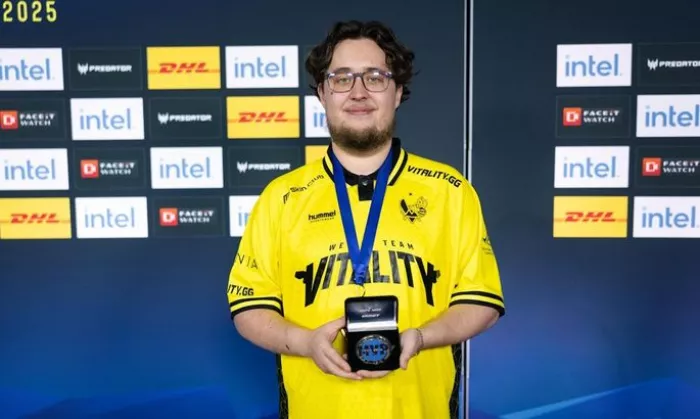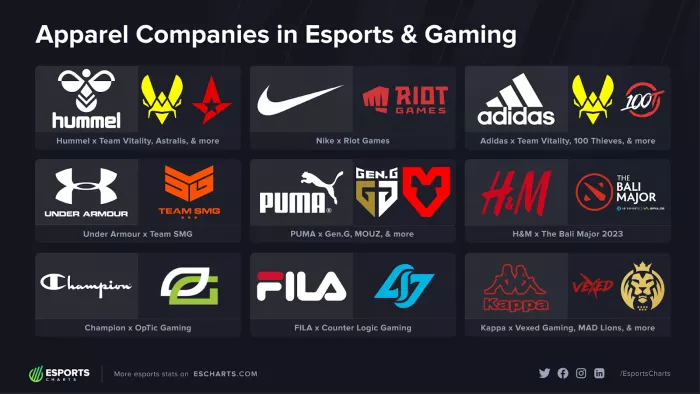
The rise of eSports has ushered in a new era of marketing opportunities for global brands. Unlike traditional sports, eSports connects with a younger, digitally native audience passionate about gaming culture and online communities. This audience is highly engaged and spends significant time following players, tournaments, and related content across multiple platforms such as Twitch, YouTube, and Discord. eSports fans are not just passive viewers; they actively participate in discussions, fan art, and even betting activities, making the ecosystem highly interactive. The global scale of eSports also means that these audiences span multiple regions and languages, offering brands unparalleled access to diverse markets. eSports stars, as influential figures, are now key players in brand strategies, helping companies engage with consumers on a more personal and interactive level. This article explores how these gaming icons are transforming brand partnerships worldwide and why their impact continues to grow, revolutionizing marketing approaches on a global scale.
The Unique Influence of eSports Stars

eSports athletes command massive followings across platforms like Twitch, YouTube, and social media, often rivaling or exceeding traditional athletes in engagement. Their influence is not just about raw numbers but also about trust and authenticity. Unlike conventional celebrities, eSports stars build close-knit communities through consistent interaction with fans, live streaming, and sharing behind-the-scenes moments such as training routines, personal stories, and lifestyle insights. This transparent connection fosters a sense of relatability and loyalty among followers who often view these stars as friends or mentors rather than distant celebrities. Fans perceive these stars as relatable role models, creating a natural bridge between brands and consumers. This deep connection allows brands to craft campaigns that resonate organically, leading to higher retention and brand loyalty, which is especially valuable in the crowded digital marketplace where consumers are increasingly skeptical of traditional advertising methods. Additionally, the global reach of eSports stars means that their influence transcends cultural boundaries, enabling brands to connect with international audiences in authentic ways.
Strategic Brand Collaborations in the eSports Ecosystem

Brands are increasingly investing in tailored collaborations with eSports stars that go beyond simple endorsements. These partnerships often include co-created content, exclusive merchandise, and interactive campaigns that leverage live streams and social media to maximize reach. For example, brands align with popular tournaments and players, integrating products seamlessly into gaming experiences, such as in-game sponsorships, branded digital assets, or exclusive giveaways which encourage direct fan engagement and foster a sense of community. This approach benefits both parties, as stars gain additional revenue streams and brands tap into a vibrant, engaged community that values authenticity. A practical illustration of this trend is seen in platforms offering valorant live stats, which track real-time player performances and match outcomes. These platforms offer unique sponsorship opportunities that connect brand visibility directly with fan engagement during live events, enriching the partnership’s value by providing relevant and timely content to the audience. Furthermore, such collaborations often drive innovation, with brands co-developing new products or technologies tailored specifically for gamers, further cementing their presence in the eSports ecosystem.
The Role of Digital Platforms in Amplifying Partnerships
Digital streaming services and social media have revolutionized how brands and eSports stars interact with audiences. Live broadcasts, interactive chats, and real-time engagement tools create immersive brand experiences that traditional media cannot replicate. This digital environment empowers eSports stars to act as both entertainers and influencers, driving authentic brand storytelling that captivates viewers worldwide. In addition, the interactivity allows fans to participate in polls, giveaways, and discussions that strengthen the emotional connection with both the player and the brand, creating a two-way communication channel that enhances brand loyalty. Moreover, brands often leverage data analytics from these platforms to measure campaign effectiveness and tailor future initiatives. This feedback loop ensures that partnerships evolve dynamically, maximizing impact and relevance in a fast-paced market, while allowing marketers to optimize budgets and messaging. The adaptability of digital platforms also enables brands to respond quickly to trends and audience preferences, making campaigns more timely and impactful. As platforms continue to evolve with new features like augmented reality overlays and personalized content delivery, the possibilities for innovative brand partnerships will expand even further.
Challenges and Future Trends in eSports Brand Partnerships
While the potential for brand partnerships in eSports is vast, challenges remain. Ensuring brand safety in an industry known for its fast-paced and sometimes controversial culture requires rigorous vetting and clear communication between brands and players to prevent reputational risks. Maintaining authentic connections is also critical; overly commercialized partnerships risk alienating core audiences who value genuine engagement and transparency. Additionally, navigating regional market differences means that global brands must tailor their approaches to diverse cultures and consumer behaviors, which can complicate campaign execution but also opens opportunities for localized content and partnerships. Looking ahead, emerging technologies like augmented reality (AR) and virtual reality (VR) are expected to deepen audience immersion, offering new avenues for brands to collaborate with eSports stars through innovative experiences such as virtual meet-and-greets or branded virtual environments. Sustainability and social responsibility will also become increasingly important factors influencing brand choices and fan perceptions, as younger audiences prioritize ethical considerations alongside entertainment value. Brands that incorporate these values and innovate responsibly will likely gain a competitive edge in the evolving eSports landscape. Additionally, expanding partnerships to include mental health support, diversity initiatives, and community development will become integral parts of successful collaborations.
Conclusion
eSports stars have become powerful catalysts in transforming how global brands approach marketing and consumer engagement. Their unique influence, combined with the interactive nature of digital platforms, creates dynamic partnerships that resonate deeply with audiences. As the eSports industry continues to evolve, these collaborations will likely expand in creativity and scope, shaping the future of brand engagement in the digital age. Brands that embrace this shift and work authentically with eSports talent stand to build stronger connections with the next generation of consumers, driving growth and innovation across multiple sectors. Ultimately, the fusion of gaming culture and brand marketing represents a transformative force that is redefining global advertising standards and consumer expectations in the 21st century. Forward-thinking companies that invest in long-term relationships with eSports stars will be better positioned to capture emerging markets and foster lasting brand loyalty in an increasingly competitive environment.




Comments